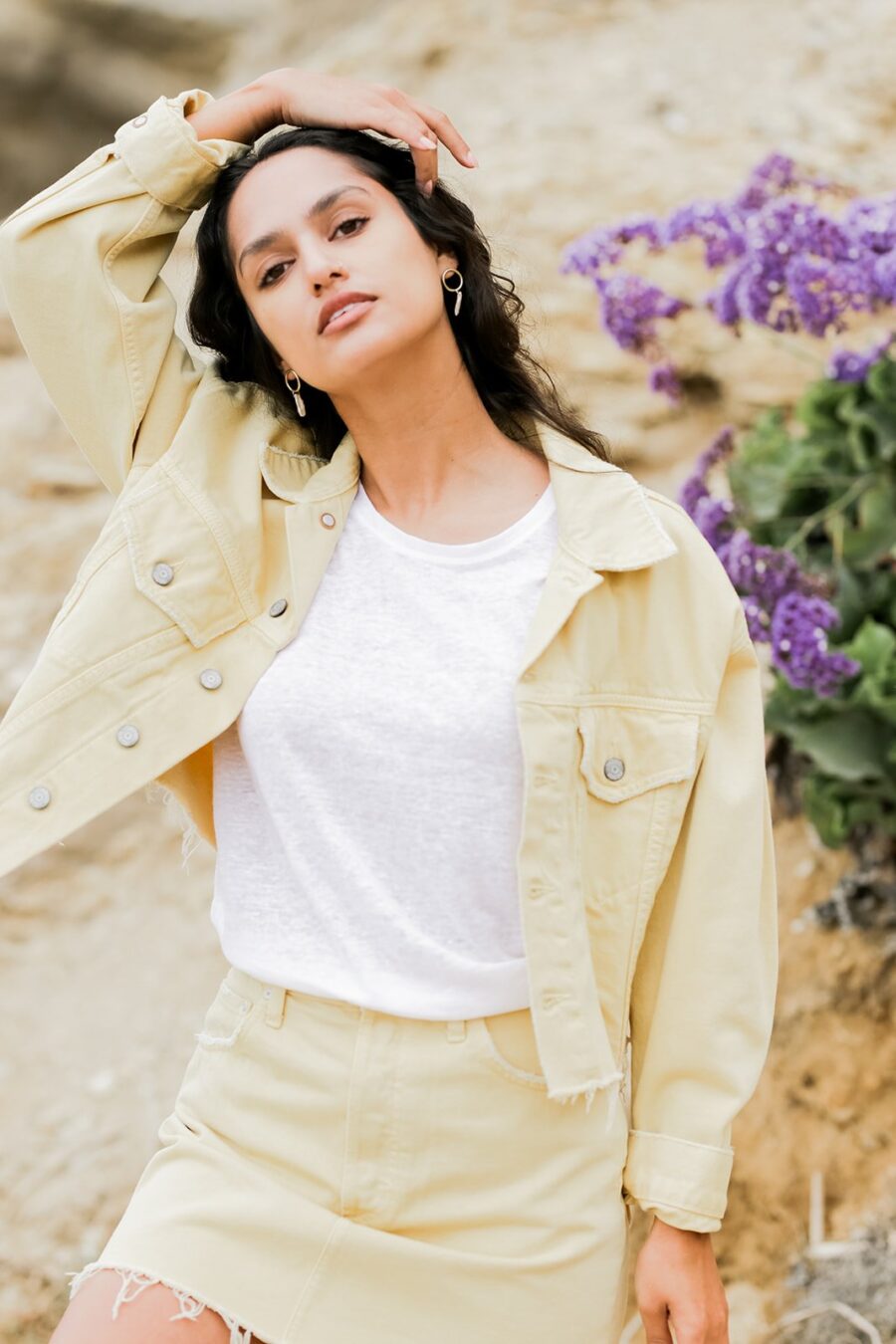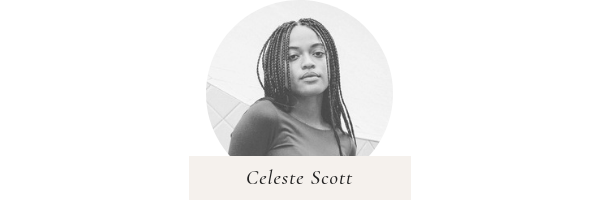
Why Doesn’t Anyone Like Me? (Spoiler: It’s Not True)
Am I the problem?
I spent the greater half of my adolescent years lamenting over the fact that I’d never had a boyfriend. Though this wasn’t entirely true, (I’d had two brief “official” romances—one in 6th grade and one my senior year of college), this lack of dating experience seemed to be perpetually at the forefront of my mind.
It seemed to me that it wasn’t simply a matter of not having met the “right” person yet. But actually something more tangible, like there was a sign on my forehead, invisible only to me, that read, “Whatever you do, don’t date me.”
In retrospect, I had good reason to believe this. There was the boy in 11th grade who “asked” me to the homecoming dance as a joke. There were also the gratuitous amounts of negative comments about my Blackness that I endured throughout high school. And I couldn’t tell you how many times I’d been ghosted after having been on what I’d deemed to be very enjoyable dates.
“As the common denominator in all of these situations, I could only logically conclude that I was the problem.”
I felt like Greta Gerwig’s character in Frances Ha: undateable. As the common denominator in all of these situations, I could only logically conclude that I was the problem. That there was just something about me that was undeniably off-putting to all of my romantic interests.
Perhaps it was my curly, but not mixed girl-curly hair? Or maybe it was my skin tone? My acne scars? My hairy knuckles?
Maybe it was something beyond appearances, like my annoying tendency to double, even triple text out of anxiety. Was I too clingy?
Maybe I was too loud or too vocal on the Internet. Was I too career-focused? Unapproachable? Intimidating? Suspicions that were only affirmed by the fact that many of my friends, who, like me, were outspoken and career-obsessed, had also been unlucky in love.
It was hard for me to get past the fact that there were more than likely racist and sexist factors perpetuating my undateable-ness. I spent many hours considering how different my dating life would be had I been white, had I gone to a college with a different racial demographic, had I been less focused on my career, had I been less outspoken about my political views.
All of this wondering, of course, never led me to any concrete conclusion or offered any peace of mind. Instead, I was left feeling insecure and sorry for myself, powerless in the face of forces that were out of my control.
“I often joke that I only recently became “cool” and “pretty”, but if I’m being completely honest, I’ve always really liked myself as a person.”
Over the past year or so, however, my mindset around my dateable-ness has shifted. I often joke that I only recently became “cool” and “pretty”, but if I’m being completely honest, I’ve always really liked myself as a person.
In spite of all the outside voices and factors that say otherwise, when I look in the mirror, the person I see is absolutely more than dateable. She is smart, with an unmatched wit and ridiculous sense of humor. She’s a talented writer, and has been ever since she was a kid. She’s layered and nuanced, with a level of emotional intelligence beyond her years. Not to mention, she’s quite the looker—if I do say so myself!
When I think long and hard enough, I can always find, in the depths of my memory, examples of people who’ve affirmed this likability. Like the boy who had a crush on me in 7th grade who bought me a teddy bear for my birthday. Or the barista at my favorite cafe who grew red in the face every time I walked into the shop. Or the countless people who’ve stopped me at the movie theater, or on my college campus, or on the street to say to me, “I just had to tell you how beautiful you are!”
As a person who is susceptible to the belief that the world has it out for me, these positive memories often get buried under the more painful, traumatic ones. This makes it hard to remember that I actually like the person that I am, and that others clearly do, too.
Recently, I’ve been learning how to hold space for the truth of my painful dating experiences as well as the truth of my inherent likability and desirableness. This has been especially important for me to recognize as a Black woman, considering the many invisible factors that we are often faced with when it comes to love and dating. To recognize that I have been treated poorly, but that this treatment is not a reflection of my personhood, has been *exhale* a breath of the most wonderful kind of air.
“I’ve been learning how to hold space for the truth of my painful dating experiences as well as the truth of my inherent likability and desirableness.”
This new mindset affects how I experience the world, especially when it comes to dating. I find myself feeling less anxious and apologetic. I am more confident about speaking up for myself. New romantic interests don’t seem to have such high stakes anymore. Overall, dating is far more enjoyable, because I know deep down that the outcome of each experience is not indicative of my desirability.
Of course, the insecurities tend to creep back in every once in a while—I don’t think they ever truly go away. But I’m learning the delicate balance of making space for those very real feelings of insecurity, while combating them with positive self talk and self love. For me, that has looked like spending a lot of time with myself, developing myself in the ways that I wish to grow, and spending time with friends who remind me who I am.
It sounds so cheesy, but at the end of the day it really only matters if I like myself. It is when I allow this truth to fully permeate my being that I feel the most at peace with my history with dating. I feel at peace with the situations I find myself in. I feel at peace with where I am and where I’m going.
RELATED READING
Celeste M. Scott is the Social Media Coordinator at The Good Trade. She is a writer and photographer who is passionate about film and Internet culture. She can often be found sifting through the racks at her local Savers. You can find her work on her website and Instagram.
